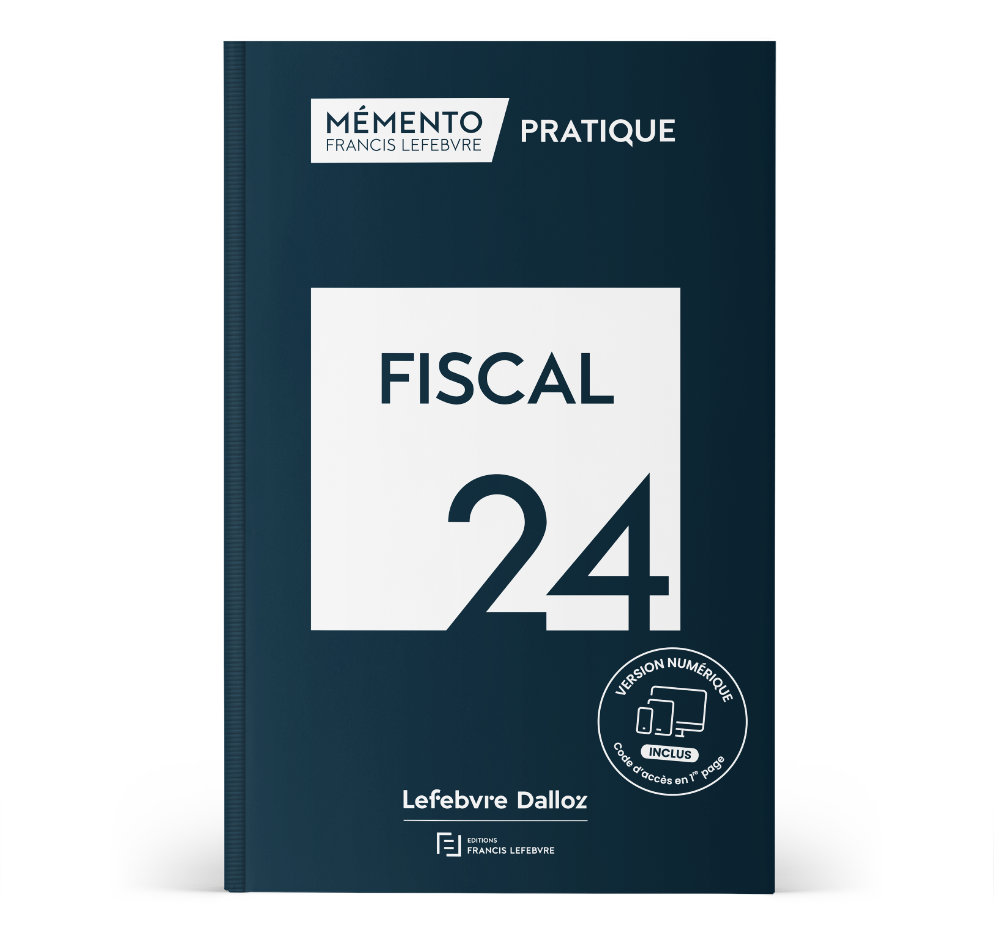The Federal Constitutional Court (Bundesverfassungsgericht, or BVerfG) held (2 BvL 6/11, published March 29, 2017) that section 8c of the German Corporate Tax Act (Körperschaftsteuergesetz) was unconstitutional in cases involving a change of control of between 25 percent and 50 percent. The BVerfGfollowed an order for reference of the Fiscal Court of Hamburg (2 K 33/10, dated April 4, 2011) and ordered an amendment of the rule until December 31, 2018, which will have retroactive effect from January 1, 2008, through December 31, 2015. However, the BVerfG’s decision does not directly apply to a greaterthan- 50-percent share transfer, which leads to an entire loss forfeiture under section 8c. Since an alternative loss regime was introduced by Germany in section 8d of the Corporate Tax Act from January 1, 2016, and the issue in the case involved the former rule, the BVerfG did not have to decide whether the current change of control rule is in line with the constitutional principle of equal taxation.
Change of Control Rule and BVerfG's Decision
The change of control rule in section 8c was introduced January 1, 2008, to prevent abusive tax practices with respect to the transfer of losses. The rule caught two kinds of ownership transfers:
- In the case of a direct or indirect transfer of more than 25 percent but not exceeding 50 percent of the subscribed capital, membership rights, interest rights, or voting rights of a corporation to an acquirer or a party related to an acquirer during a period of five years, a pro rata forfeiture of tax losses occurs.
- If the amount of transferred shares or rights exceeds 50 percent during this five-year period, a total forfeiture of tax losses occurs.
The BVerfG stated that the less-than-50-percent ownership transfer does not have a reasonable link to the legitimate purpose of the change of control rule because the transfer of a minority interest does not indicate that the acquisition is intended to transfer losses. There are other possible reasons, such as financing start-ups and restructuring companies. As there is no reasonable cause to find that the acquisition is motivated by tax purposes only, the change of control rule constitutes an unequal treatment of corporations regarding their possibilities for loss deduction. Furthermore, the acquisition of a minority interest does not usually affect the continuance of a business. German civil law only allows a majority shareholder to take control of or influence strategic business decisions.
Transfers of Majority Shares Unaddressed
While the decision has been long awaited, several issues of relevance were not addressed by the BVerfG. Although it is clear that new provisions must be enacted with retroactive effect from January 1, 2008, to December 31, 2015, this only affects an ownership change of less than 50 percent. The BVerfG did not rule on the constitutionality of the change of control rule in the case of a greater-than-50-percent ownership change. As the German Federal Fiscal Court (Bundesfinanzhof, or BFH) suspended two cases (BFH - I R 31/11 and BFH - I R 79/11) involving a greater-than-50-percent ownership transfer while waiting for the BVerfG’s decision, it is likely only a matter of time until the BFH decides whether a transfer of majority shares should also be referred to the BVerfG. Thus, any appeal against the forfeiture of tax losses should be made with a reference to the pending cases at the BFH.
2016 Changes to the Loss Regime
Due to the introduction of an alternative loss regime starting January 1, 2016, the decision of the BVerfG is likely limited to changes of ownership occurring before 2016. Under the new section 8d, the forfeiture of tax losses in the case of a harmful change of participation can be avoided upon request if specific criteria are met. Inter alia, the corporation must have carried on exactly the same business activity for at least three years before the harmful ownership change. Notwithstanding the other conditions to be met, the criteria of a continuation of exactly the same business activity is a restrictive requirement and may cause some challenges. Since a taxpayer can now elect another loss regime, it is questionable whether the arguments of the BVerfG regarding the unconstitutional changes of control rule in a less-than-50-percent ownership change would remain persuasive. Regardless, an appeal against any loss forfeiture assessments with reference to the BVerfG decision should be filed, and the upcoming legislative proposal, to be enacted no later than December 31, 2018, should be closely monitored.
Pia DORFMUELLER, P+P Pöllath + Partners, Frankfurt
Cette information est extraite de notre service d'actualité taxnotes






